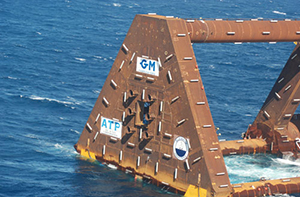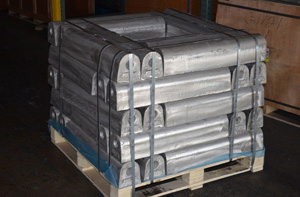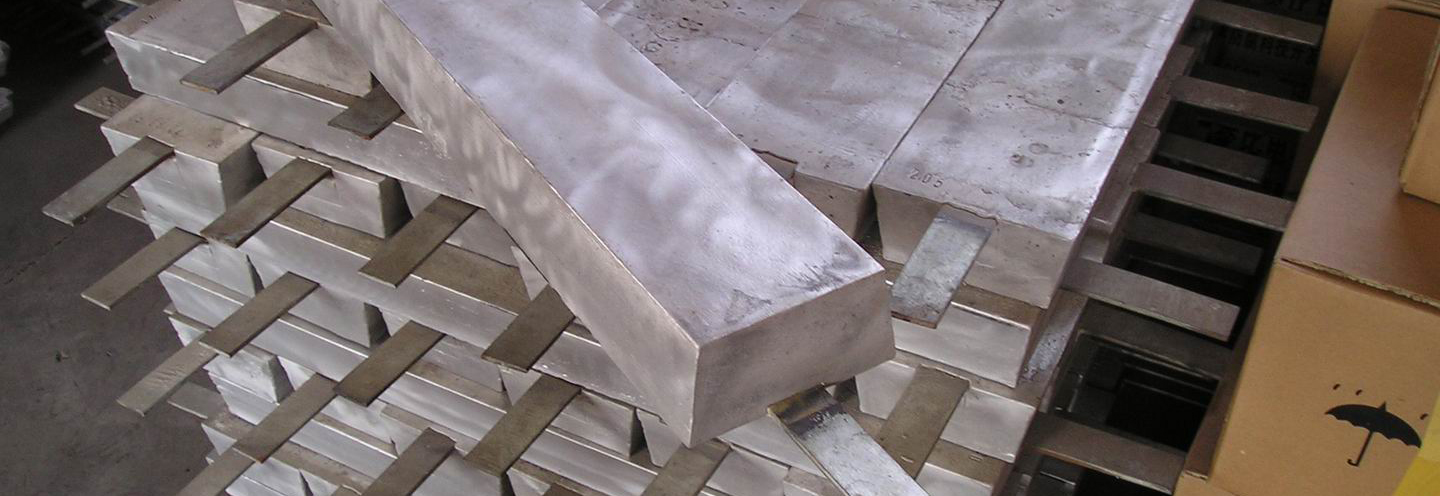- ANODES HomePage
- Aluminum Anodes
- Zinc Anodes
- Magnesium Anodes
- Extruded Magnesium Anodes
- Anodes for Wind Turbines
- Anodes for Solar Panel Farms
- Corrosion Services
- Anode Catalogs
- About Galvotec
- Did you know...
- Contact Us
- Anode Links
- Site Map
![]()
Click here to view our
newest brochure

Certificate Number: 3612.01
click here to view our ISO/IEC
ISO/IEC 17025:2017 A2LA Laboratory
Accreditation Certificate
OTHER GALVOTEC
COMPANIES WEBSITES
ANODE - Laboratory Testing
Accredited to ISO/IEC17025:2005 by A2lA
(American Association for Laboratory Accreditation)
Laboratory testing of sacrificial anodes is required to insure that the highest quality product is being delivered. Chemical and Electrochemical Testing is a vital part of the Quality Assurance and Quality Control procedures for anode manufacturing.
The fastest and most accurate analytical techniques are utilized. Prior to casting each heat of material is analyzed by Optical Emission Spectroscopy to insure proper chemical composition.

Certified and Traceable Standards are employed
Equipment for Chemical Analysis includes:
- Optical Emission Spectrometer
- Atomic Absorption Spectrometer
Electrochemical testing methods employed are:
- NACE TMO-190 (impressed current or Hydrogen Evolution)
- DNV RP-B401
- ASTM G97
For Aluminum, Zinc, and Magnesium Sacrificial Anodes
Testing can be performed in any electrolyte

- Artificial Sea Water
- Backfill Electrolytes
- Ambient Temperature
- Hot Temperature
- Cold Temperature
- Saline Mud
- 14-Day Weight Loss
- Anode Current Capacity
- Anode Potential
- Anode Efficiency
- Short Tem Testing
- Long Term Testing
- Control Samples are employed
ISO 9001:2008 Certified by DNV
All testing is performed on premises by trained and experienced technologists and technicians. Third party verification is constantly utilized for guaranteed analytical accuracy and precision.

Aluminum Anodes

Zinc Anodes

Magnesium Anodes
Our experience in producing galvanic anodes assures that you will receive top quality anodes that will effectively inhibit corrosion when used in a properly designed and maintained cathodic protection system.
